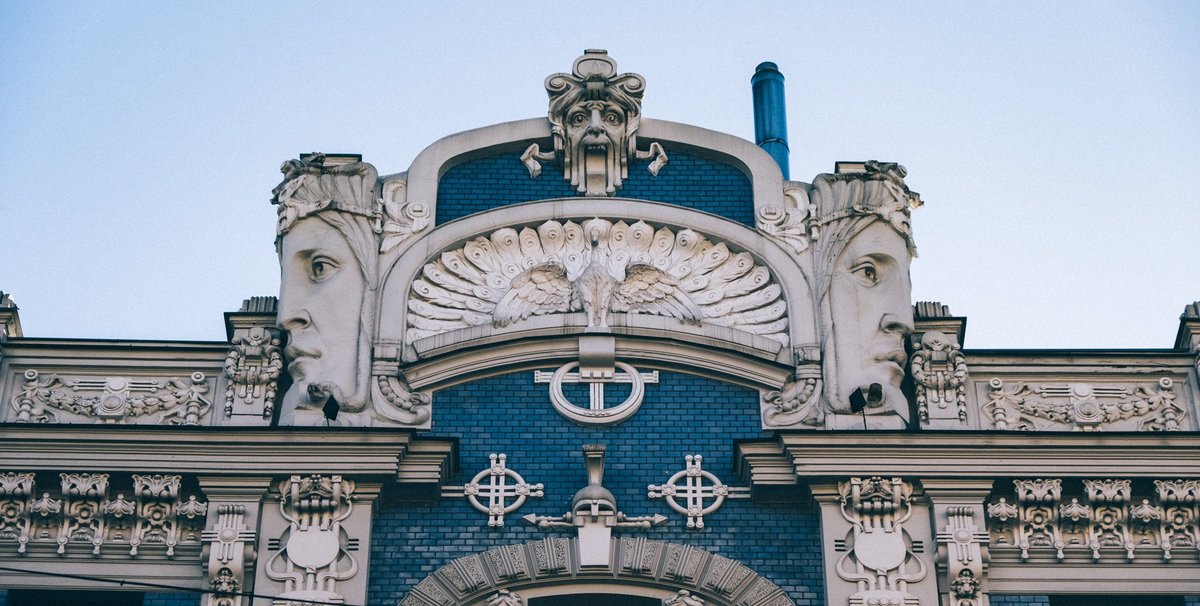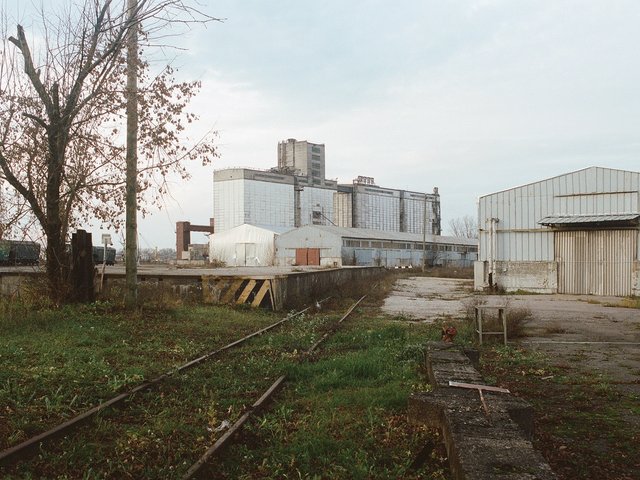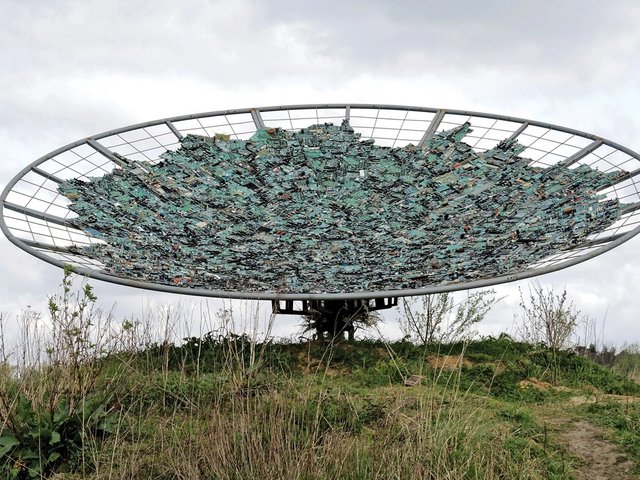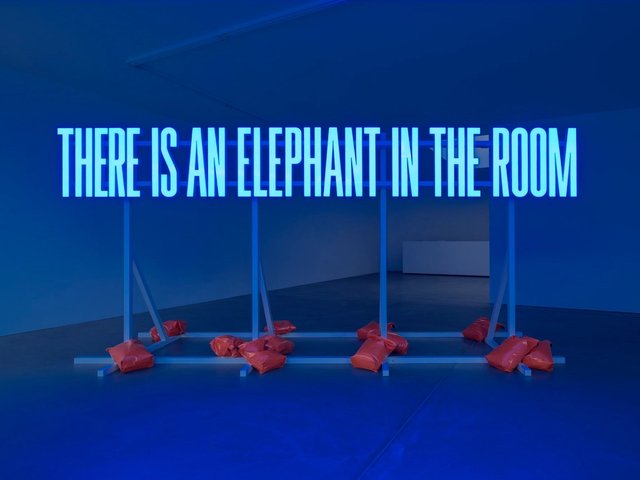The 2018 art calendar has a new addition—a major new biennial due to take place in Riga, Latvia, in June next year which, say the organisers, will include a “significant proportion” of works by artists born or based in the Baltic states of Estonia, Latvia and Lithuania.
The new Riga International Biennial of Contemporary Art is organised by the non-profit Riga Biennial Foundation. Its founder is Agniya Mirgorodskaya, who previously worked in the Russian art department at Christie’s. The Greek-born curator Katerina Gregos, who organised the Belgian pavilion at the 2015 Venice Biennale, has been named chief curator of the inaugural biennial. The curatorial concept will be announced later this year.
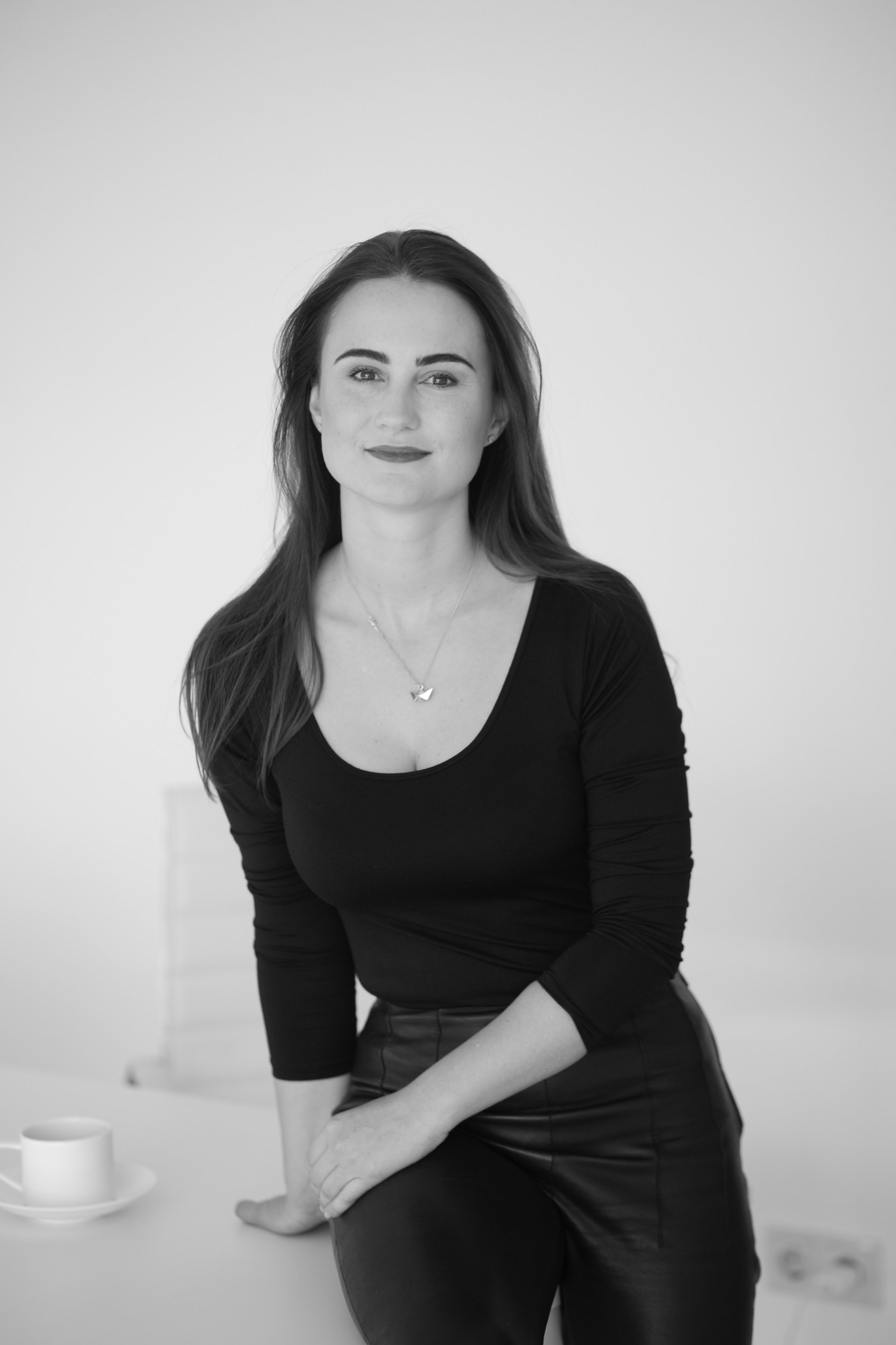
Asked why the art world needs another biennial, Mirgorodskaya says: “In Gregos, we have selected a curator who is attuned to the debates around the proliferation of biennial culture, and counteracts this by shaping a model that will take the interests of artists and artistic production as the first priority.” The biennial will be tied to its location through “new commissions in carefully selected sites, and the significant proportion of Baltic and Nordic artists represented in each edition”, she says.
More than half of the works in the first edition will be new commissions, says Mirgorodskaya, adding that the full programme and artist roster will be confirmed by spring 2018. “[The biennial] is commissioned by the Riga Biennial Foundation which is currently privately funded, and fundraising initiatives are underway for future editions of the biennial,” she says.
A public programme of workshops and talks, which will be held in Latvian, Russian and English, is aimed at both local and international audiences. “One of our primary objectives is to grow and diversify the audiences for international contemporary art from our location in the Baltics,” Mirgorodskaya says.


